You're right. Let's recall definitions of foldLeft and foldRight
@tailrec
def foldLeft[A, B](init: A)(f: (A, B) => A)(bs: List[B]): A = bs match {
case Nil => init
case b :: bs1 => foldLeft(f(init, b))(f)(bs1)
}
def foldRight[A, B](init: A)(f: (B, A) => A)(bs: List[B]): A = bs match {
case Nil => init
case b :: bs1 => f(b, foldRight(init)(f)(bs1))
}
foldLeft is tail-recursive while foldRight corresponds to ordinary structural recursion over a list.
So tail-recursive definition of sum (with a helper function and accumulator)
def sum(xs: List[Int]): Int = {
@tailrec
def loop(xs1: List[Int], acc: Int): Int = xs1 match {
case Nil => acc
case y :: ys => loop(ys, acc + y)
}
loop(xs, 0)
}
aka
def sum(xs: List[Int]): Int = {
def loop(xs1: List[Int]): Int => Int = xs1 match {
case Nil => acc => acc
case y :: ys => acc => loop(ys)(acc + y)
}
loop(xs)(0)
}
can be expressed via foldLeft
def sum(xs: List[Int]): Int = {
def loop(xs1: List[Int], acc: Int): Int =
foldLeft[Int => Int, Int](acc1 => acc1)(
(tailRes, y) => acc1 => tailRes(acc1 + y)
)(xs1)(acc)
loop(xs, 0)
}
aka
def sum(xs: List[Int]): Int =
foldLeft[Int => Int, Int](identity)(
(tailRes, y) => acc => tailRes(acc + y)
)(xs)(0)
But ordinary structural-recursive definition of sum
def sum(xs: List[Int]): Int = xs match {
case Nil => 0
case y :: ys => y + sum(ys)
}
can be expressed via foldRight
def sum(xs: List[Int]): Int = foldRight[Int, Int](0)(_ + _)(xs)
What does e:B, f:(B,A)=>B) : B
Actually, in Scala standard library foldLeft and foldRight are defined via iteration rather than recursion
override def foldLeft[B](z: B)(op: (B, A) => B): B = {
var acc = z
var these: LinearSeq[A] = coll
while (!these.isEmpty) {
acc = op(acc, these.head)
these = these.tail
}
acc
}
final override def foldRight[B](z: B)(op: (A, B) => B): B = {
var acc = z
var these: List[A] = reverse
while (!these.isEmpty) {
acc = op(these.head, acc)
these = these.tail
}
acc
}
By the way, since foldRight can define arbitrary structural recursion over a list, foldLeft can be expressed via foldRight (the type A => A is chosen because foldLeft is recursively expressed via foldLeft for a different init, so we need being able to modify init)
def foldLeft[A, B](init: A)(f: (A, B) => A)(bs: List[B]): A =
foldRight[A => A, B](init1 => init1)(
(b, tailRes) => init1 => tailRes(f(init1, b))
)(bs)(init)
Similarly, foldRight can be expressed via foldLeft (in by-default eager Scala but not in by-default lazy Haskell, because in Haskell foldRight works even for infinite lists, streams in Scala, but foldLeft works only for finite lists)
def foldRight[A, B](init: A)(f: (B, A) => A)(bs: List[B]): A =
foldLeft[A => A, B](init1 => init1)(
(tailRes, b) => init1 => tailRes(f(b, init1))
)(bs)(init)

